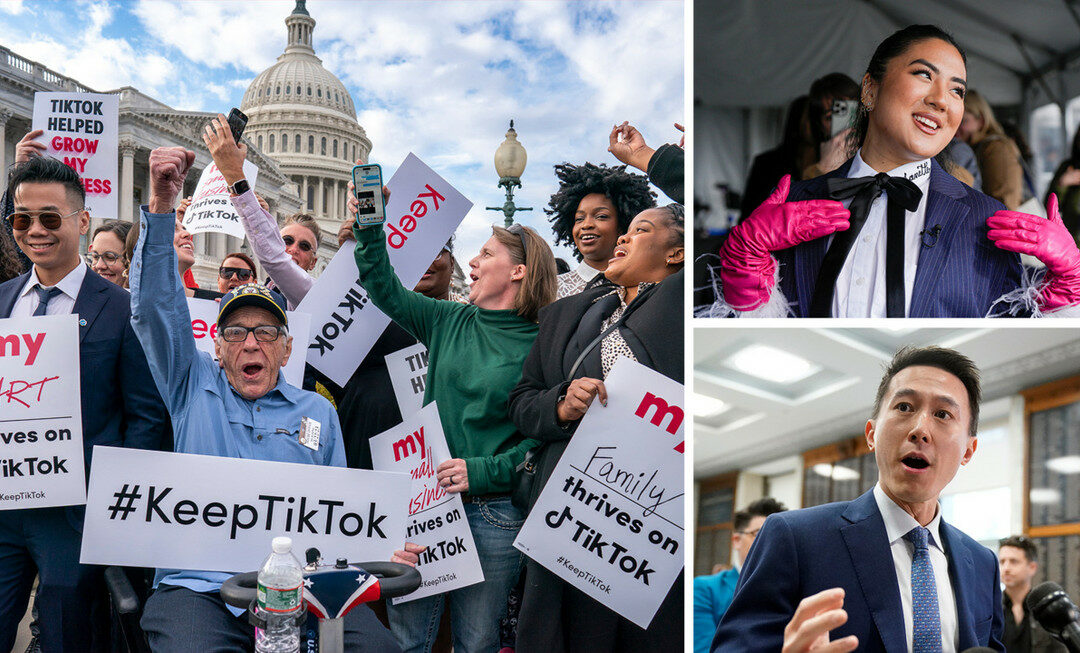On Tuesday, eight TikTok content creators sued the United States government, filing another challenge to a new federal rule that will prohibit the popular social media platform nationally if its Chinese parent firm does not sell its holdings within a year.
The creators’ attorneys say in the case that the law violates users’ First Amendment free expression rights, echoing TikTok’s concerns in a separate lawsuit filed last week. The legal battle may end up before the Supreme Court.
The complaint was filed on Tuesday by a diverse group of content creators, including a Texas rancher who has previously appeared in a TikTok commercial, an Arizona creator who uses TikTok to share his daily life and raise awareness about LGBTQ issues, and a business owner who sells skincare products on TikTok Shop, the platform’s e-commerce arm.
READ MORE: TikTok Sues The US Government Over A Potential Ban
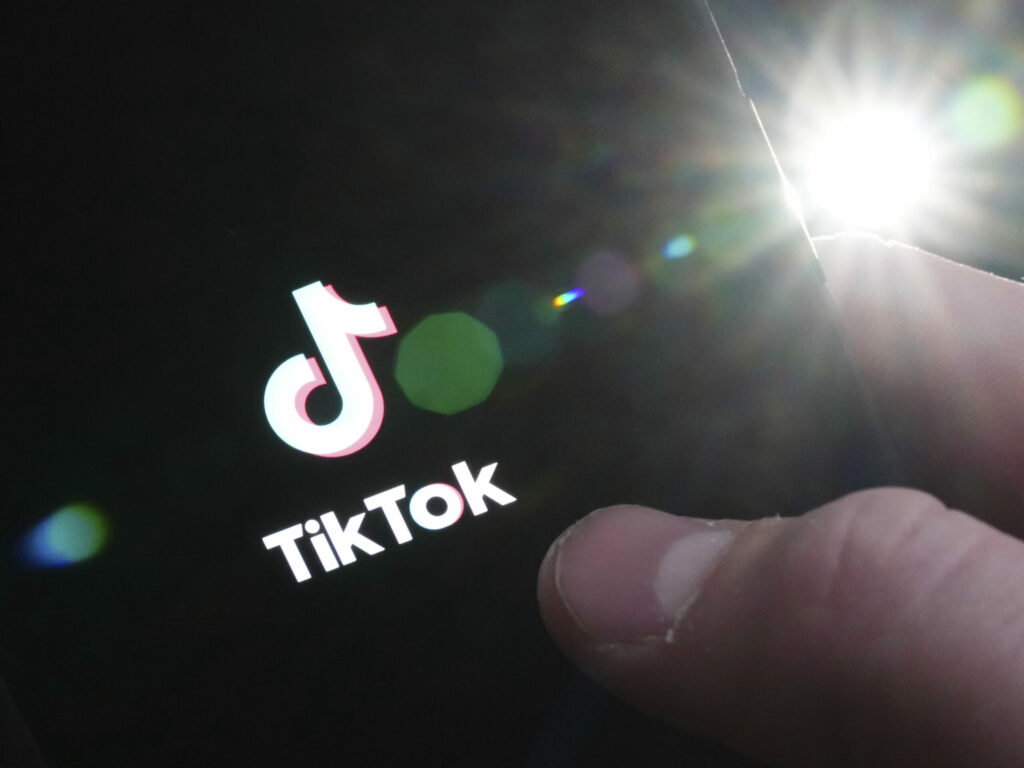
The complaint alleges that the developers “rely on TikTok to express themselves, learn, advocate for causes, share opinions, create communities, and even make a living.”
“They have found their voices, amassed significant audiences, made new friends, and encountered new and different ways of thinking — all because of TikTok’s novel way of hosting, curating, and disseminating speech,” it added, claiming the new law would deprive them and the rest of the country “of this distinctive means of expression and communication.”
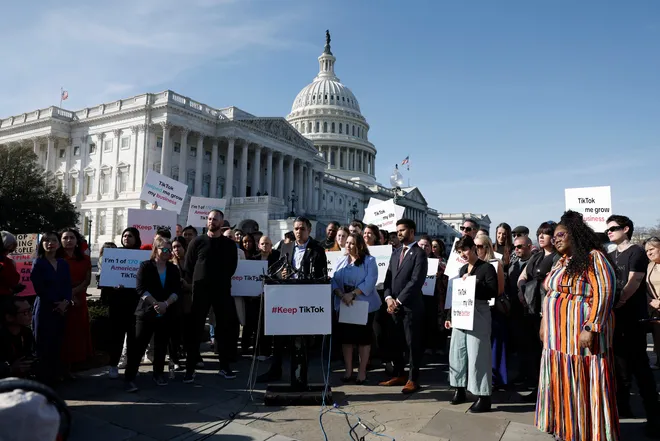
A TikTok spokeswoman stated that the business would fund the legal fees associated with the action, which was filed in a Washington appeals court. It is being led by the same law firm that represented creators challenging Montana’s statewide ban on the platform last year. In November, a judge barred the measure from taking effect.
READ MORE: Joe Biden Signs “TikTok Ban” Bill Into Law
The Department of Justice stated that the proposed legislation to prohibit TikTok “addresses critical national security concerns in a manner consistent with the First Amendment and other constitutional limitations.” We look forward to defending the Act in court.
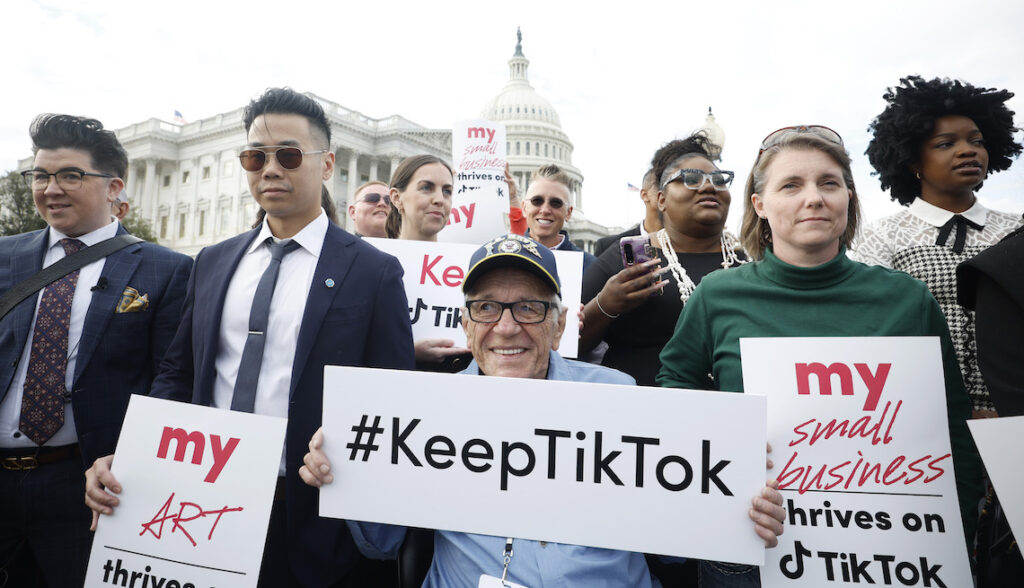
The federal law comes at a moment of increasing strategic rivalry between the United States and China on a variety of issues, including delicate geopolitical matters such as China’s backing for Russia’s invasion of Ukraine. U.S. senators and administration officials have expressed worries about TikTok’s ability to protect users’ data from Chinese authorities, arguing that its algorithm may be used to propagate pro-China propaganda, a claim TikTok denies.
The regulation requires TikTok’s parent firm, ByteDance, to sell the site to an approved buyer within nine months. If a sale is in progress, the company will be granted a three-month extension to complete the transaction.
However, TikTok and ByteDance stated in their complaint last week that they would still be forced to shut down by January 19 because continuing to operate in the United States would be financially, technologically, and legally impossible.
READ MORE: Time’s Running Out. TikTok TikTok
They argue that ByteDance would be unable to segregate its TikTok platform in the United States from the rest of TikTok, which has 1 billion users worldwide, the majority of whom live outside of the country. According to the lawsuit, a TikTok that solely operates in the United States would be an island cut off from the rest of the globe. It also claims that the Chinese government, which would be required to approve such a sale, has “made clear” that it will not allow the sale of the recommendation algorithm that populates users’ feeds and has been “key to the success of TikTok in the United States.”

In an interview, Brian Firebaugh, a rancher from Hubbard, Texas, who is involved in the creator case, stated that he launched his TikTok account in 2020 to help establish his brand and market the cattle-related things he sells online. That move enabled him to quit his full-time work and live solely on the earnings from TikTok, where he currently has over 430,000 followers.
Firebaugh, 44, said TikTok has also helped him develop an online network with other ranchers and given him the opportunity to participate in a Netflix reality show, with his earnings allowing him and his wife to pay their son’s adoption. Losing TikTok, he claimed, would disrupt everything.
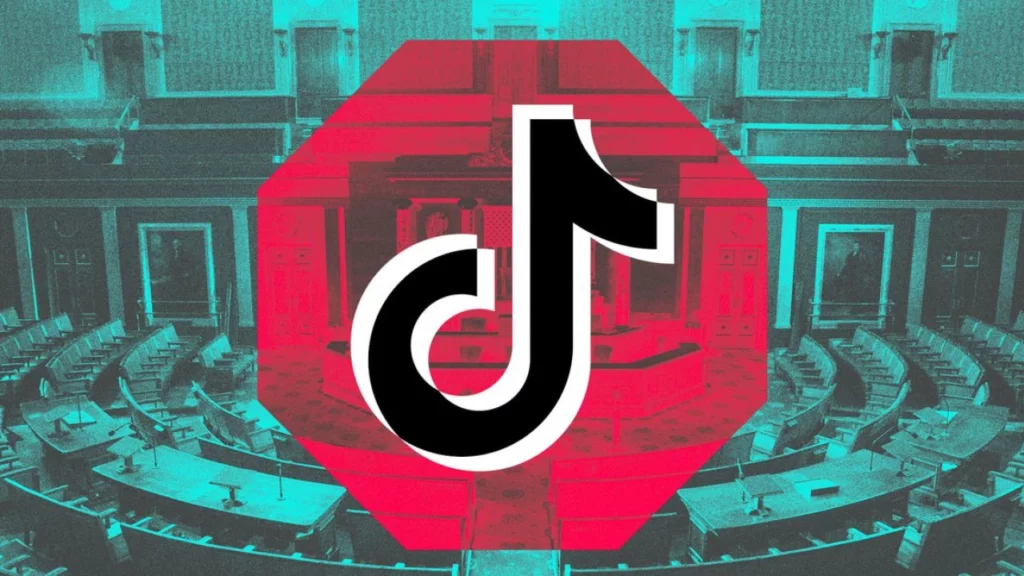
“One hundred percent of our customers come from TikTok,” Firebaugh added. “For that to go away, you’re now stealing money out of my family’s mouths.”
Chloe Joy Sexton, a 29-year-old content creator who lives in Memphis, Tennessee, and owns Chloe’s Giant Cookies, said she began experimenting with TikTok four years ago after losing her previous job. Sexton stated that she had been publishing content on various social media platforms, but only TikTok established a viral path for her baking. She now has over 2 million followers on the app, where she has shared more personal details about her life, such as losing her mother to brain cancer and then adopting her younger sister.
“There has been no evidence that my or anyone else’s information is in danger,” said Sexton, one of the plaintiffs in the complaint. “Nobody has offered that—not the government, not anyone else. And to base this purchase, this tug of war that alters my life on a hypothetical is extremely damaging to me personally, since my government at the time is not protecting me.”
The authors are seeking the court to issue a ruling that the statute is unconstitutional, as well as an order prohibiting Attorney General Merrick Garland from implementing it.
Radiant TV, offering to elevate your entertainment game! Movies, TV series, exclusive interviews, music, and more—download now on various devices, including iPhones, Androids, smart TVs, Apple TV, Fire Stick, and more.


